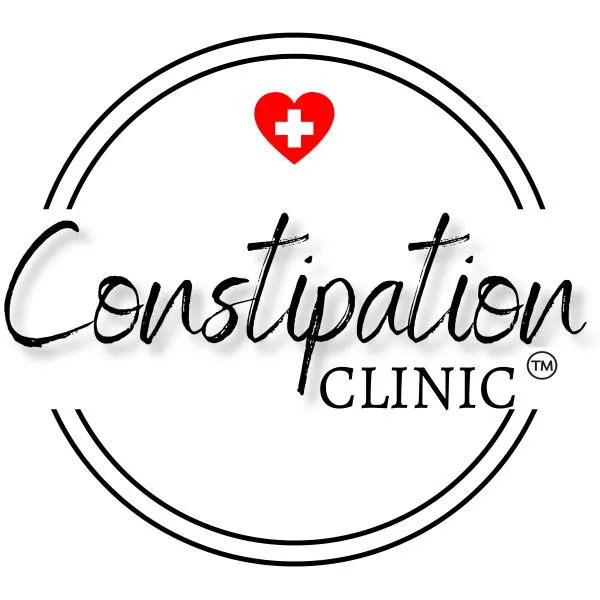
Medications that contribute to Constipation
Wondering what medications can contribute to constipation?
Constipation can be caused by a lot of things, but often times, taking certain medications can increase your chances of becoming constipated. Below, you'll find a list of the common culprits.
NSAIDs
Non-steroidal anti-inflammatory drugs such as ibuprofen (Motrin and Advil) and naproxen (Aleve) are medications that can contribute to your constipated ways. These medications are often used on a daily basis for minor aches and pain.
ANTIHISTAMINES
Antihistamines such as Benadryl, Zyrtec, and Claritin are common, over-the-counter allergy medicines that dry you up. Not only do they dry up your sinuses, but they can also have a drying effect on your bowels as well causing stool to be harder in texture as well as to pass.
ANTIDEPRESSANTS
Antidepressants such as Elavil, Pamelor (tricyclic antidepressants), and Zoloft (SSRI) can cause or contribute to constipation.
IRON SUPPLEMENTS
Iron (ferrous sulfate) is well known for causing constipation and darkening stools. If you need to take this supplement, consider the regular use of magnesium citrate(link)
NARCOTIC PAIN MEDICATION
Pain medications (opioids) can seriously contribute to constipation. Drugs such as oxycodone, hydrocodone, Tylenol and codeine, and hydromorphone can have you backed up in no time. Combined with anesthesia from surgery, it’s almost a guarantee for constipation. Having remedies on hand (link) or the regular use of magnesium citrate (link) will help you to avoid this potentially painful scenario.
BLOOD PRESSURE MEDICATION
Blood pressure medications such as calcium channel blockers and beta blockers have been known to cause or contribute to constipation. While the purpose of this website is constipation relief, and magnesium is one of the best tools for constipation, I will note that it has also been shown to reduce blood pressure. (Do not stop taking your blood pressure medication)
MEDICATIONS FOR URINARY INCONTINENCE
Medications such as Detrol or Ditropan are often used to treat those who have trouble urinating. These medications commonly cause constipation.
ANTI NAUSEA MEDICATIONS
Medications such as Zofran (ondansetron) are commonly used to prevent nausea and vomiting in postoperative situations or for those taking chemotherapy. Regular use may cause constipation.
Medications that contribute to Constipation
Wondering what medications can contribute to constipation?
Constipation can be caused by a lot of things, but often times, taking certain medications can increase your chances of becoming constipated. Below, you'll find a list of the common culprits.
NSAIDs
Non-steroidal anti-inflammatory drugs such as ibuprofen (Motrin and Advil) and naproxen (Aleve) are medications that can contribute to your constipated ways. These medications are often used on a daily basis for minor aches and pain.
ANTIHISTAMINES
Antihistamines such as Benadryl, Zyrtec, and Claritin are common, over-the-counter allergy medicines that dry you up. Not only do they dry up your sinuses, but they can also have a drying effect on your bowels as well causing stool to be harder in texture as well as to pass.
ANTIDEPRESSANTS
Antidepressants such as Elavil, Pamelor (tricyclic antidepressants), and Zoloft (SSRI) can cause or contribute to constipation.
IRON SUPPLEMENTS
Iron (ferrous sulfate) is well known for causing constipation and darkening stools. If you need to take this supplement, consider the regular use of magnesium citrate(link)
NARCOTIC PAIN MEDICATION
Pain medications (opioids) can seriously contribute to constipation. Drugs such as oxycodone, hydrocodone, Tylenol and codeine, and hydromorphone can have you backed up in no time. Combined with anesthesia from surgery, it’s almost a guarantee for constipation. Having remedies on hand (link) or the regular use of magnesium citrate (link) will help you to avoid this potentially painful scenario.
BLOOD PRESSURE MEDICATION
Blood pressure medications such as calcium channel blockers and beta blockers have been known to cause or contribute to constipation. While the purpose of this website is constipation relief, and magnesium is one of the best tools for constipation, I will note that it has also been shown to reduce blood pressure. (Do not stop taking your blood pressure medication)
MEDICATIONS FOR URINARY INCONTINENCE
Medications such as Detrol or Ditropan are often used to treat those who have trouble urinating. These medications commonly cause constipation.
ANTI NAUSEA MEDICATIONS
Medications such as Zofran (ondansetron) are commonly used to prevent nausea and vomiting in postoperative situations or for those taking chemotherapy. Regular use may cause constipation.

MEDICAL DISCLAIMER
This website does not provide medical advice that would take the place of your physician or health care provider. The information included, but not limited to text, graphics, images and other material contained on this website are for informational purposes only. No material is a substitute for diagnosis and treatment but should be discussed with your health care team prior to initiating as they are familiar with your unique issue. Always seek out the advice of your medical physician or health care provider for issues with constipation. Do not delay seeking care as a result of information on this website.
